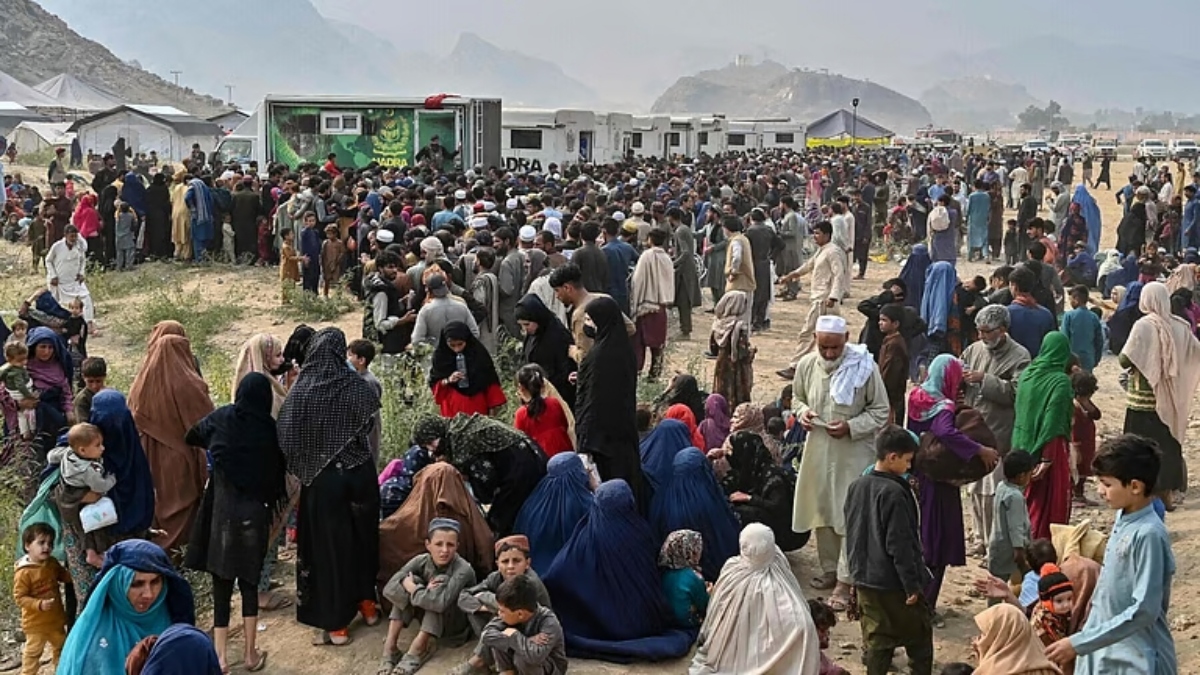Pakistan on Friday issued a fresh call for Afghans living in the country’s southwest to leave, prompting thousands to flock to the border, according to an AFP report, citing officials.
Over the past several decades, millions of Afghans have sought refuge in Pakistan, escaping waves of conflict, including hundreds of thousands who fled after the Taliban returned to power in 2021.
The latest push follows a deportation campaign that began in 2023 and was reactivated in April, when the Pakistani government cancelled hundreds of thousands of residence permits for Afghan nationals.
Authorities have warned of arrests for those who fail to leave voluntarily.
“We have received directives from the home department to launch a fresh drive to repatriate all Afghans… in a respectful and orderly manner,” AFP quoted Mehar Ullah, a senior government official in Quetta, the capital of Balochistan province, as saying.
The province shares a border with Afghanistan and maintains deep social and cultural ties with the region.
On Friday, “around 4,000 to 5,000 people” were waiting at the Chaman border to return to Afghanistan, according to Habib Bingalzai, a senior government official in Chaman.
Abdul Latif Hakimi, head of Refugee Registration in Afghanistan’s Kandahar province across the border, confirmed that Afghan authorities had observed a rise in returnees on the same day.
While Islamabad has labeled Afghan migrants as “terrorists and criminals,” analysts say the mass expulsions are intended to pressure the Taliban government in Kabul to crack down on militancy in the border regions.
Since 2023, more than one million Afghans have left Pakistan, including over 200,000 since April this year.
The current campaign, re-launched in April, has targeted over 800,000 Afghans holding temporary residence permits—many of whom were either born in Pakistan or have lived there for decades.
Impact Shorts
More ShortsAmid rising economic and security challenges, segments of the Pakistani public have become increasingly resentful of hosting a large Afghan population, and the deportation drive enjoys broad domestic support.
Pakistan’s security forces are under significant strain along the Afghan border, contending with a growing insurgency by ethnic Baloch nationalists in the southwest and intensifying violence from the Pakistani Taliban and its affiliates in the northwest.
In 2024, Pakistan recorded its highest number of fatalities from militant attacks in over a decade. The government frequently accuses Afghan nationals of involvement in these incidents.
Iran, too, has carried out a large-scale deportation effort, sending back over 1.5 million Afghans in recent months.
Afghanistan remains in a prolonged humanitarian crisis under Taliban rule, which enforces a strict interpretation of Islamic law—including bans on most forms of education and employment for women.
With inputs from agencies
)